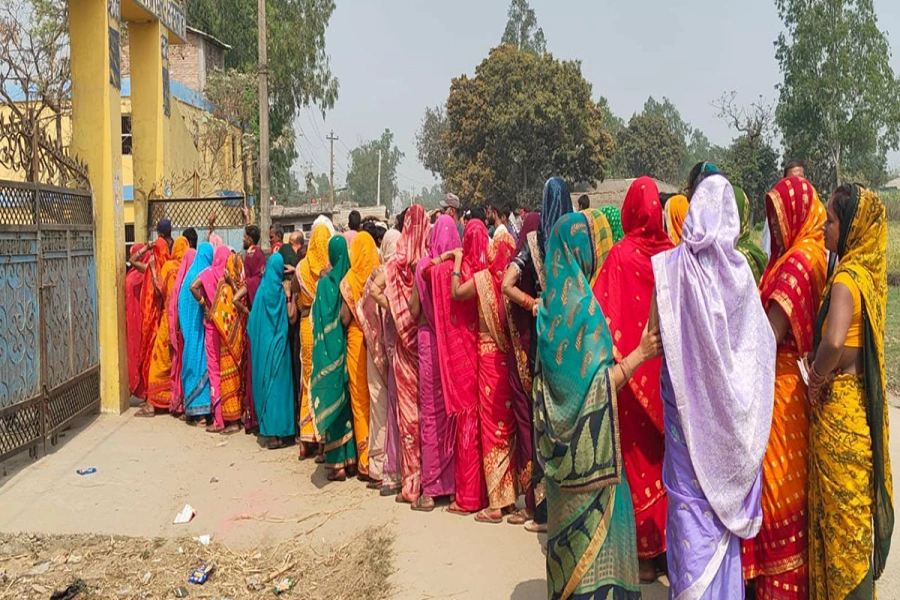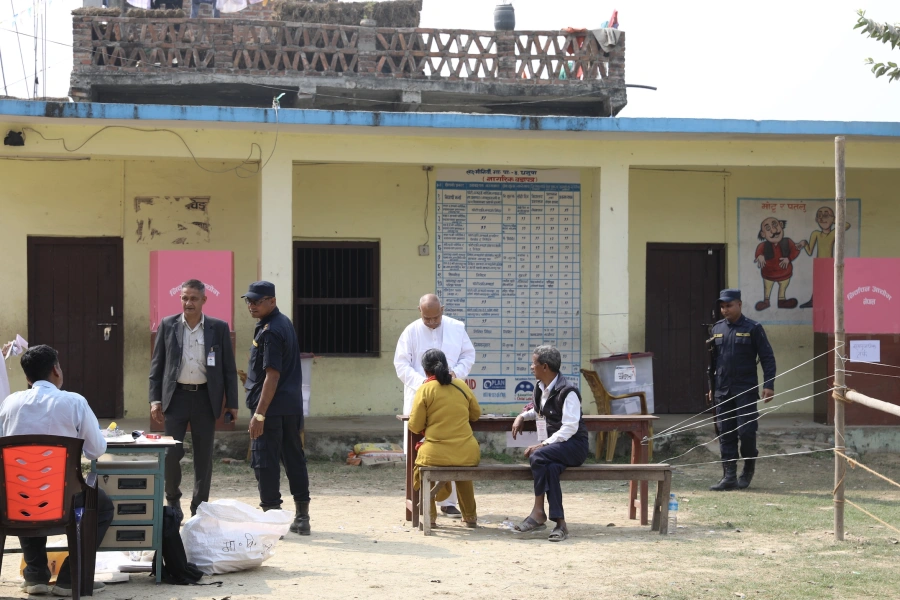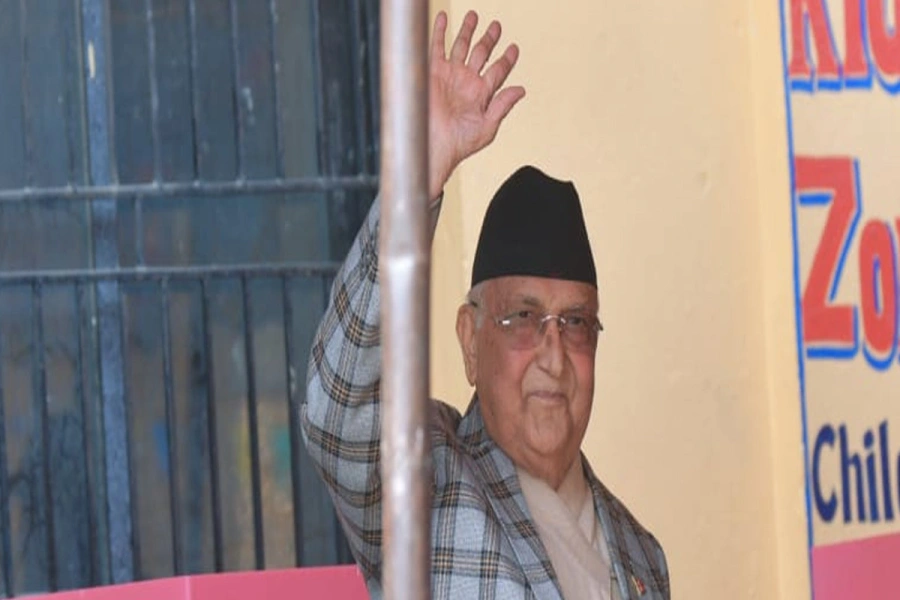Monday's use of force against civil society activists and intellectuals is a fresh reminder of how the Oli government is inching toward an authoritarian rule.
Baluwatar, the official residence of Prime Minister KP Sharma Oli, remained tense on Monday. Civil society activists were marching toward the PM's Residence in their symbolic protest against the dissolution of the House of Representatives and were still away from the prohibited zone when the police used force on them. Police used water cannons and batons against the protesters. A number of civil society members were arrested, some were injured. The use of force against civil society activists and their subsequent arrest is a condemnable act. It is a fresh reminder of the Oli government’s overreach. The incident should be strongly condemned by one and all.
Bill bars local units from recruiting civil servants

Peaceful demonstration is a fundamental right in a democracy. People raise questions about the misconducts, they raise voice against the wrongdoings of the government primarily to hold the state and the government accountable. Questioning, expressing dissent, and raising voice for a just cause is a fundamental right that the citizens of a democratic country exercise in normal times.
These are abnormal, rather turbulent, times in Nepal. Prime Minister K P Sharma Oli, elected to govern the country for five years with a sweeping mandate in 2017, dissolved the House of Representatives on his whim on December 20, 2020. No provisions in the constitution support PM Oli’s move which has pushed the country toward uncertainty and chaos. The unconstitutional move has also raised the specter of constitutional instability. The cause of anger in the street, however, is not only this. People are angry with the government also because of its glaring apathy toward reviving the economy that has been ravaged by the COVID-19 pandemic, providing relief to people, expediting development works, and a near-complete failure to control corruption. As a matter of fact, the government actors themselves seem to defend those suspected of corruption.
In such a situation, it is perfectly normal for people to speak against the wrongful acts committed by the government and its ministers. A group of civil society members—writers, journalists, and activists—who were protesting on Monday were actually raising the voice on behalf of the people. They have been in protests against the regressive move of parliament dissolution. But the government has been extremely intolerant, even brutal, in its response to civic dissent.
It need not be emphasized that the right to dissent has been safeguarded by the constitution. The civil society members are speaking in defense of the constitution. When the government starts mobilizing its machinery to assault the intellectuals and civil society members more people will rise up in protests. Let there be no confusion: Suppression cannot silence the voice of reason. Assault on civil liberty has always been costly for the authoritarian rulers who think they can hold on to power by suppressing the movement for just cause.




-69a940c05c766-1772700256.webp)
































